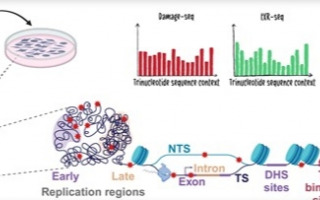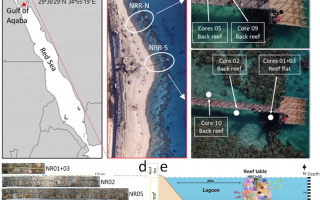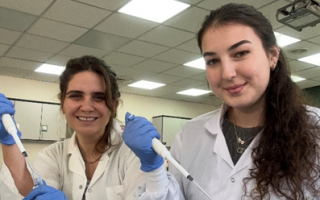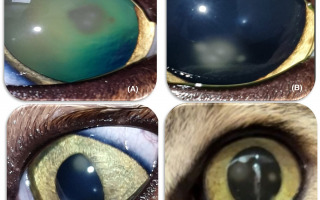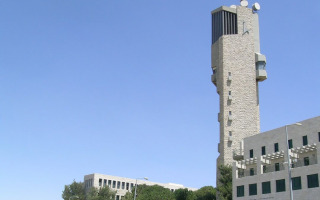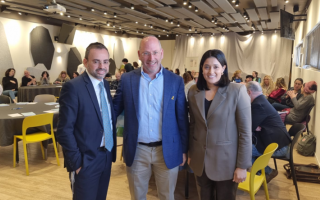Harvest Smarter, Not Harder: Machine Learning Meets Tomato Farming
Researchers have developed a machine learning model using hyperspectral imaging to assess pre-harvest tomato quality. The study introduces a cost-effective, non-destructive method to predict key quality parameters, including weight, firmness, and lycopene (a natural antioxidant) content. This innovative approach enables farmers to monitor fruit development in real-time, optimizing harvest timing and improving crop quality. The research demonstrates a significant leap forward in precision agriculture and sustainable food production.





